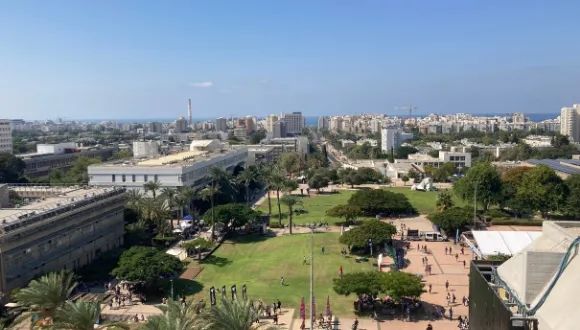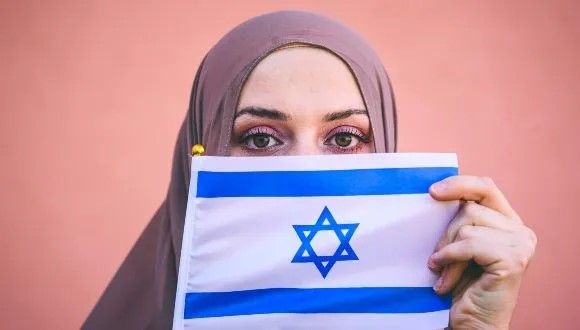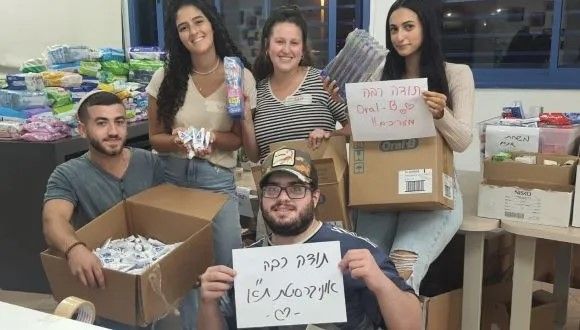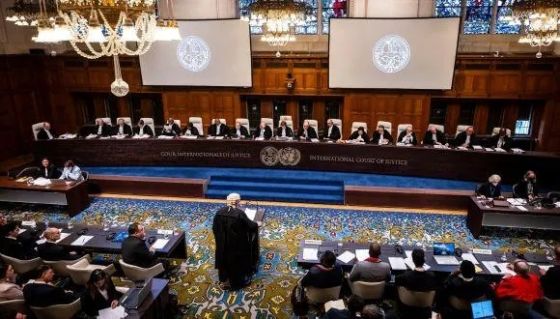
Tel Aviv University Helps Make Case Before International Court of Justice
Written on | Israel at War, Tel Aviv University
Legal Delegation in Israel vs. South Africa Hearing included Alumni and Former Faculty.
On January 12, 2024, before the International Court of Justice (ICJ), a legal team representing Israel argued why a case by South Africa accusing the Jewish state of genocide in Gaza was not only unfounded and out of context, but dangerous to both Israel and the integrity and intent of the Convention on the Prevention and Punishment of the Crime of Genocide (aka the Genocide Convention). And, both before the court and behind the scenes at the ICJ hearing in The Hague that day, Tel Aviv University (TAU) was present in a significant way. One key contributor to Israel’s legal team is Prof. Eyal Benvenisti, who is the former head of the Parasol Foundation International L.L.M. Program at TAU and is currently appointed to the University of Cambridge. And while Benvenisti has been working behind the scenes, two TAU alumni were front and center on January 12, speaking before the court: Dr. Galit Raguan and Dr. Omri Sender.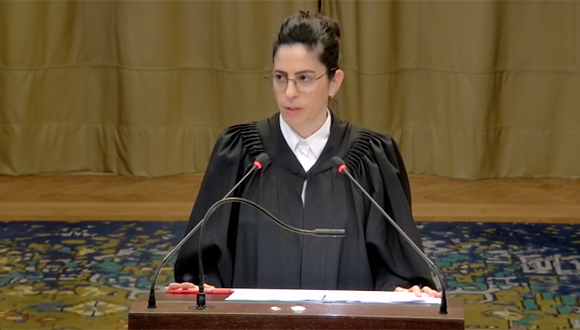 Dr. Galit Raguan, an alumna of Tel Aviv University and a member of Israel’s legal delegation. (Image courtesy of the ICJ. All rights reserved)
While a final resolution on the case is expected to take years, South Africa has requested that, in the interim, the ICJ make nine provisional/immediate orders, including ceasing all military action by Israel in the Gaza Strip. The outcome of the public hearings, which took place on January 11-12, will be a ruling related to these requested provisional measures.
Dr. Galit Raguan, an alumna of Tel Aviv University and a member of Israel’s legal delegation. (Image courtesy of the ICJ. All rights reserved)
While a final resolution on the case is expected to take years, South Africa has requested that, in the interim, the ICJ make nine provisional/immediate orders, including ceasing all military action by Israel in the Gaza Strip. The outcome of the public hearings, which took place on January 11-12, will be a ruling related to these requested provisional measures.
Evidence Against South Africa’s Claims of Genocide
Both Raguan and Sender presented significant evidence contradicting the accusations made by South Africa. Raguan questioned the plausibility that Israel is committing genocide by outlining Israel Defense Forces (IDF) efforts both to protect civilian lives and to coordinate the delivery of humanitarian aid, and by demonstrating how Hamas contributes to the civilian death count in Gaza. Regarding Hamas’ role in civilian harm, Raguan stated that 2,000 rockets have thus far been misfired by Hamas within Gaza. She also presented evidence, including photos of weapons caches found by the Israel Defense Forces (IDF), demonstrating Hamas’ embeddedness in civilian infrastructure, such as schools, places of worship and medical facilities. “In every single hospital that the IDF has searched in Gaza, it has found evidence of Hamas military use,” Raguan said.As for efforts made by the IDF to temporarily evacuate civilians and provide advance warnings, Raguan pointed to the establishment of humanitarian corridors, the millions of leaflets physically dropped into Gaza with instructions on how to evacuate, and the more than 70,000 individual phone calls made to Gazans.“While temporary evacuation undoubtedly involves hardship and suffering, it is preferable to remaining in areas of intensive hostilities,” said Raguan, who confirmed that temporary evacuation is a tool promoted under international humanitarian law.
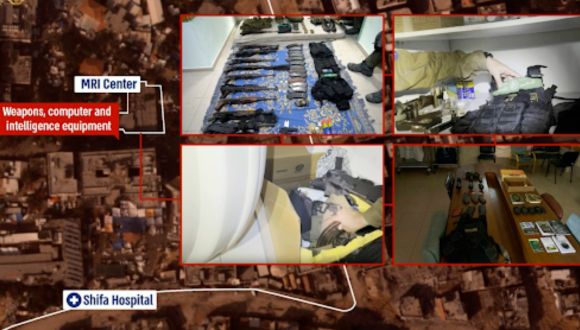 As presented by Israel’s legal team in court, the IDF found Hamas intelligence information and multiple weapons caches at Gaza’s Shifa Hospital, including in the MRI Center. (Image courtesy of the ICJ. All rights reserved)
Raguan also outlined the role of the IDF’s dedicated military unit Coordination of Government Activities in the Territories (COGAT), which oversees border crossings from Israel and works with the United Nations (UN) and other international organizations to facilitate the entry of humanitarian aid into Gaza. Despite an attack on COGAT on October 7, Raguan said the unit has extended its operating hours at both the Kerem Shalom and Rafah crossings to receive more humanitarian goods.
Raguan also said the unit has assisted with establishing four field hospitals and two floating hospitals, getting new ambulances into Gaza and the coordination of air drops. She highlighted how humanitarian assistance continues and that no limitations have been posed, even though “Hamas is regularly stealing aid at the expense of its own population.”
As presented by Israel’s legal team in court, the IDF found Hamas intelligence information and multiple weapons caches at Gaza’s Shifa Hospital, including in the MRI Center. (Image courtesy of the ICJ. All rights reserved)
Raguan also outlined the role of the IDF’s dedicated military unit Coordination of Government Activities in the Territories (COGAT), which oversees border crossings from Israel and works with the United Nations (UN) and other international organizations to facilitate the entry of humanitarian aid into Gaza. Despite an attack on COGAT on October 7, Raguan said the unit has extended its operating hours at both the Kerem Shalom and Rafah crossings to receive more humanitarian goods.
Raguan also said the unit has assisted with establishing four field hospitals and two floating hospitals, getting new ambulances into Gaza and the coordination of air drops. She highlighted how humanitarian assistance continues and that no limitations have been posed, even though “Hamas is regularly stealing aid at the expense of its own population.”
The Rights of Palestinians in Gaza to Exist
Following Raguan, Sender refuted South Africa’s accusation that there was an urgent risk of irreparable harm to Gazans for which Israel was responsible. He demonstrated instead how Israel supports the right to exist for Palestinians in Gaza. To establish this, Sender provided further illumination of how Israel assists with the delivery of humanitarian aid, which was continuing to increase: “when pressing needs are identified, solutions are soon coordinated” said Sender, also pointing to a dedicated operations room for humanitarian assistance made up of Israeli, Egyptian, American and UN representatives.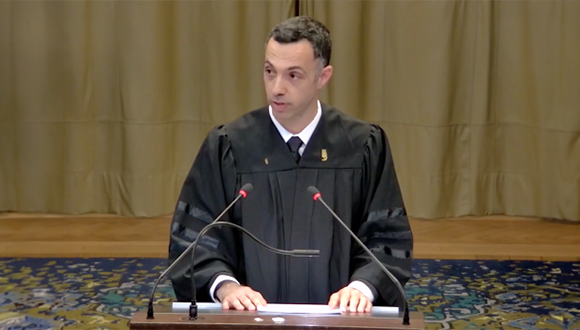 Dr. Omri Sender, an alumnus of Tel Aviv University and a member of Israel’s legal delegation. (Image courtesy of the ICJ. All rights reserved)
Sender noted that, before the war, approximately 70 trucks carrying food entered Gaza every day, whereas in the first two weeks of January 109 trucks entered each day. He also highlighted that the amount of cooking gas entering Gaza had doubled to 90 tons per day since December 21; moreover, since December 8, the amount of fuel entering Gaza had also doubled and now meets the target requested by the UN: 180,000 liters per day.
Sender also pointed to the fact that the hostilities in Gaza are winding down, and he stated that Israel has already started to transition to a phase with fewer ground troops and less intense fighting.
Furthermore, as argued by team lead Prof. Malcolm Shaw KC, South Africa also failed to effectively illustrate Israel’s intent to commit genocide. Given the case is at the provisional measures phase, genocidal acts do not have to be proven; demonstrating plausible intent would be enough for the court to intervene. However, as Shaw contended, to do this one must directly link any potential utterance or statement to on-the-ground policy. In this, South Africa failed, Shaw argued.
Dr. Omri Sender, an alumnus of Tel Aviv University and a member of Israel’s legal delegation. (Image courtesy of the ICJ. All rights reserved)
Sender noted that, before the war, approximately 70 trucks carrying food entered Gaza every day, whereas in the first two weeks of January 109 trucks entered each day. He also highlighted that the amount of cooking gas entering Gaza had doubled to 90 tons per day since December 21; moreover, since December 8, the amount of fuel entering Gaza had also doubled and now meets the target requested by the UN: 180,000 liters per day.
Sender also pointed to the fact that the hostilities in Gaza are winding down, and he stated that Israel has already started to transition to a phase with fewer ground troops and less intense fighting.
Furthermore, as argued by team lead Prof. Malcolm Shaw KC, South Africa also failed to effectively illustrate Israel’s intent to commit genocide. Given the case is at the provisional measures phase, genocidal acts do not have to be proven; demonstrating plausible intent would be enough for the court to intervene. However, as Shaw contended, to do this one must directly link any potential utterance or statement to on-the-ground policy. In this, South Africa failed, Shaw argued.
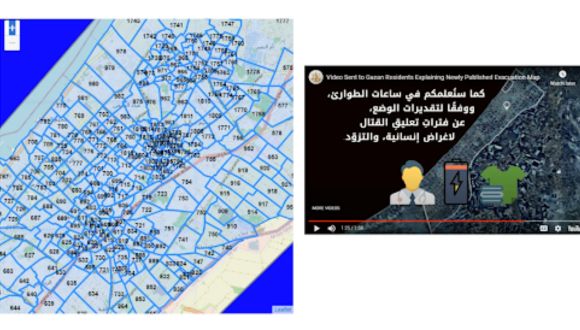 A map of evacuation zones created by the IDF to assist with civilian safety was shared in court, along with a screenshot of an instructional video in Arab of how to use the map (Image courtesy of the ICJ. All rights reserved)
To further support this claim, Shaw also provided evidence of daily IDF operational directives that, in accordance with international law and contradicting South Africa’s case, prioritize mitigating harm to and punishment of civilians.
A map of evacuation zones created by the IDF to assist with civilian safety was shared in court, along with a screenshot of an instructional video in Arab of how to use the map (Image courtesy of the ICJ. All rights reserved)
To further support this claim, Shaw also provided evidence of daily IDF operational directives that, in accordance with international law and contradicting South Africa’s case, prioritize mitigating harm to and punishment of civilians.
The Legal Unfoundedness of the Case
A repeated statement made throughout the public hearing by Sender, Shaw and others was that, should the measures proposed by South Africa be upheld by the court, then Israel and its citizens would face irreparable harm given Hamas’ continued commitment (as additionally stated by Hamas leadership after October 7) to the destruction of Israel and the Jewish people. As Shaw argued, were the court to uphold South Africa’s requested provisional measures, then this would contradict the Genocide Convention itself, which protects the rights not only of the applicant (or who the applicant is representing), but the respondent. “Chief amongst these rights,” said Shaw, regarding Israel, “is the right and obligation to act, to defend itself and its citizens.”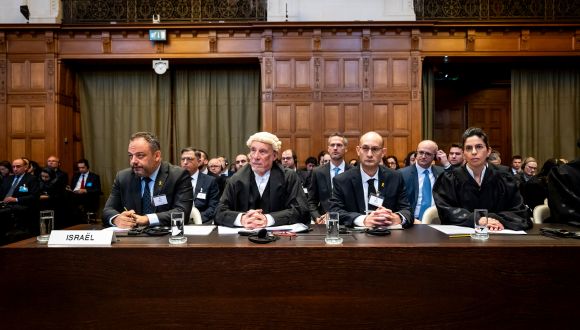 Members of Israel’s legal delegation at the International Court of Justice. (credit: UN Photo/ICJ-CIJ/Frank van Beek. Courtesy of the ICJ. All rights reserved)
Moreover, the general omission of Hamas from South Africa’s case was something, the Israel team argued, that demonstrated a high level of prejudice:
Members of Israel’s legal delegation at the International Court of Justice. (credit: UN Photo/ICJ-CIJ/Frank van Beek. Courtesy of the ICJ. All rights reserved)
Moreover, the general omission of Hamas from South Africa’s case was something, the Israel team argued, that demonstrated a high level of prejudice:
“The nightmarish environment created by Hamas has been concealed by the applicant, but it is the environment in which Israel is compelled to operate. What Israel seeks in operating in Gaza is not to destroy a people, but to protect a people – its people – who are under attack on multiple fronts.” — Dr. Tal Becker, a member of Israel’s legal teamAdditionally, given that the Jewish state has had the right, as recognized by the international community, to defend itself after October 7, Israel’s legal team argued that events relating to the Israel-Hamas war should not even be evaluated under the Genocide Convention, but that the proper mechanism was the legal framework for war as guided by international humanitarian law. Finally, Shaw emphasized that Genocide Convention cases must be between two states in dispute. He argued that South Africa was in contravention of this and referenced an exchange of notes before the case was filed that demonstrated Israel’s willingness to meet and discuss South Africa’s concerns.
A Dangerous Precedent Could Be Set
While a ruling in support of South Africa’s provisional measures would pose a great danger to Israel, it would also pose significant harm to the integrity of the Genocide Convention: “Entertaining the applicant’s request will not strengthen the commitment to prevent the punishment of genocide but weaken it,” said Dr. Gilad Noam, who concluded the public hearing and Israel’s arguments.“It will turn an instrument adopted by the international community to prevent horrors of the kind that shocked the conscience of humanity during the Holocaust into a weapon in the hands of terrorist groups who have no regard for humanity or for the law.” — Dr. Gilad Noam, a member of Israel’s legal delegationAt the end of the session on January 12, elected ICJ Judge and President Joan E. Donoghue said the court would make a deliberation “as soon as possible” on the provisional measures brought forward by South Africa. A decision is expected to be made in the coming weeks.
Related posts
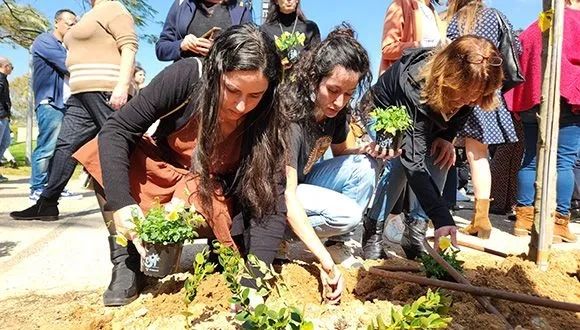
Tree Planting Ceremony Honoring October 7th Victims: A Symbol of Remembrance and Hope
3 March 2024
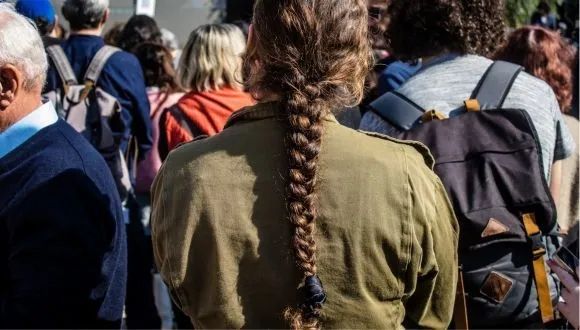
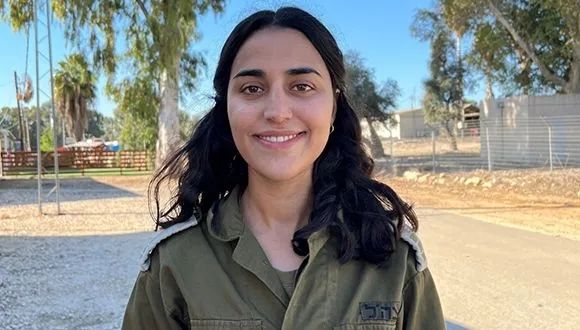
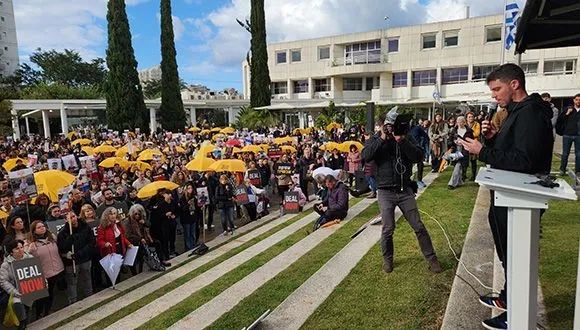

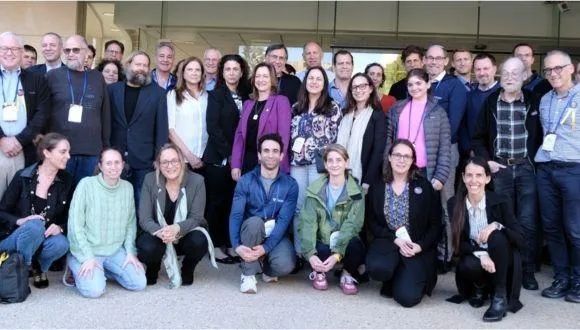
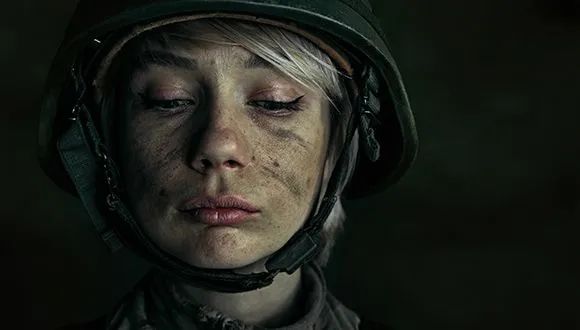
Tel Aviv University Urgently Launches a National PTSD Clinic for Civilians and Soldiers
25 December 2023
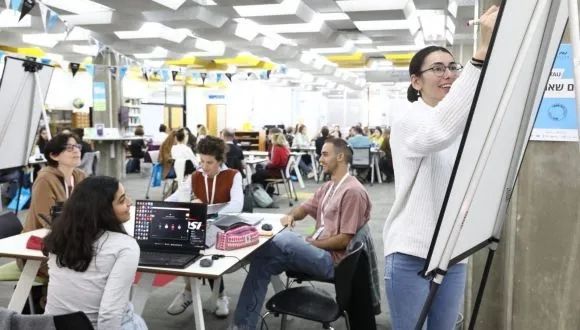
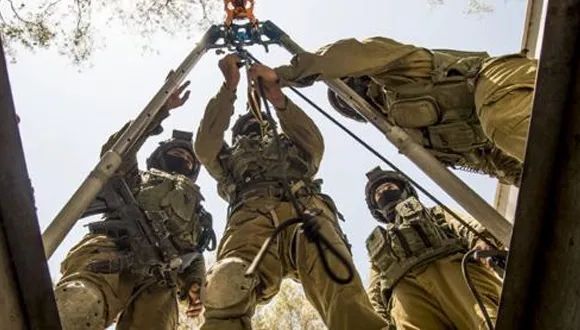
Stand with Lone Soldiers on the Front Lines: Donate to Send Care Packages
21 December 2023
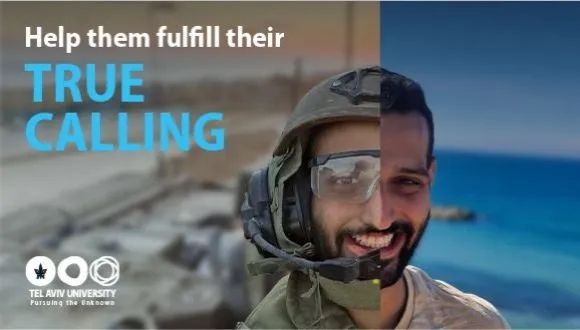
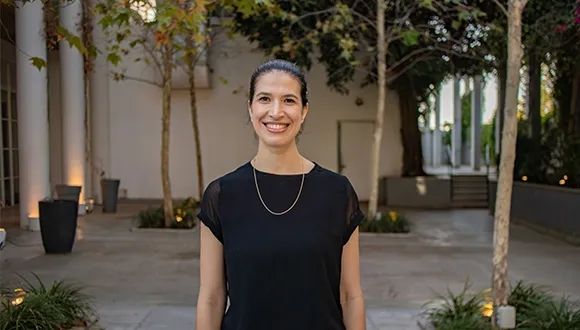
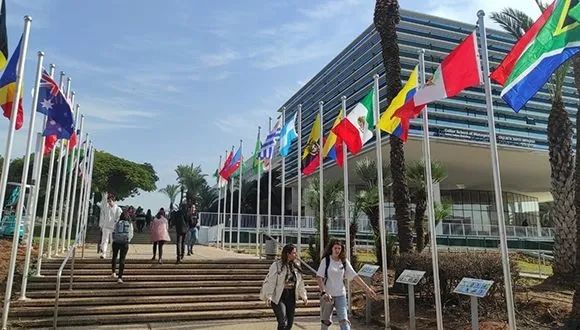
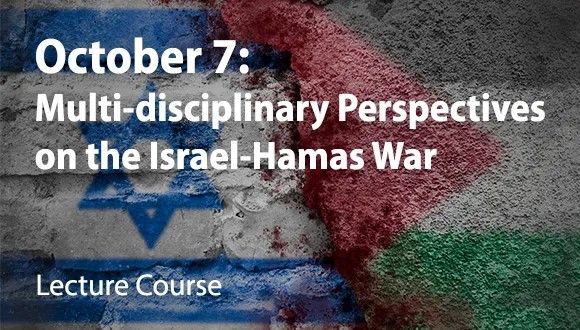
First Academic Course on the Current War Launched at TAU for International Students
7 December 2023
